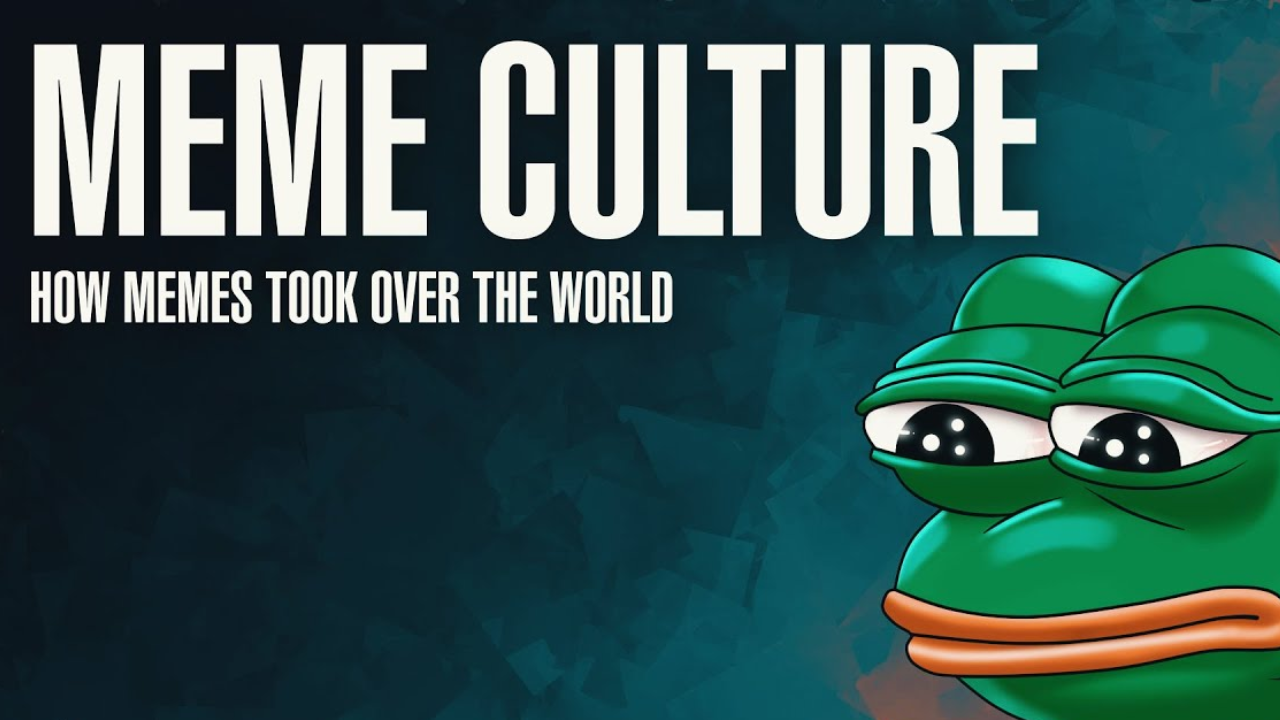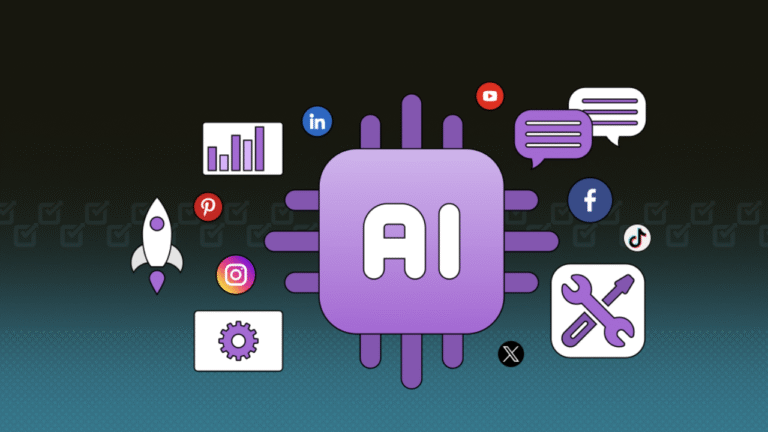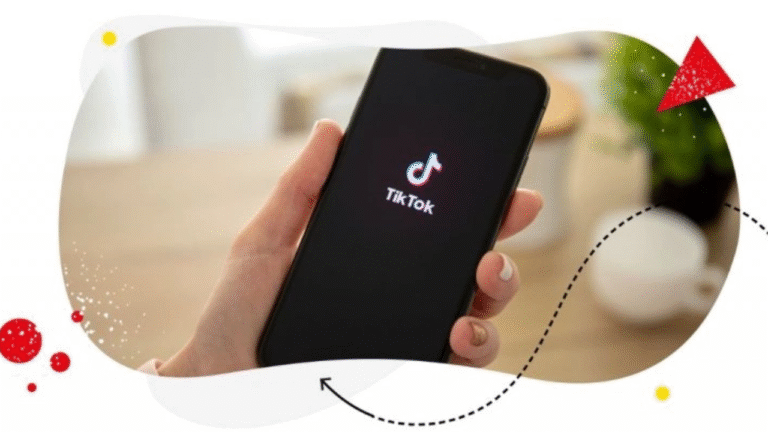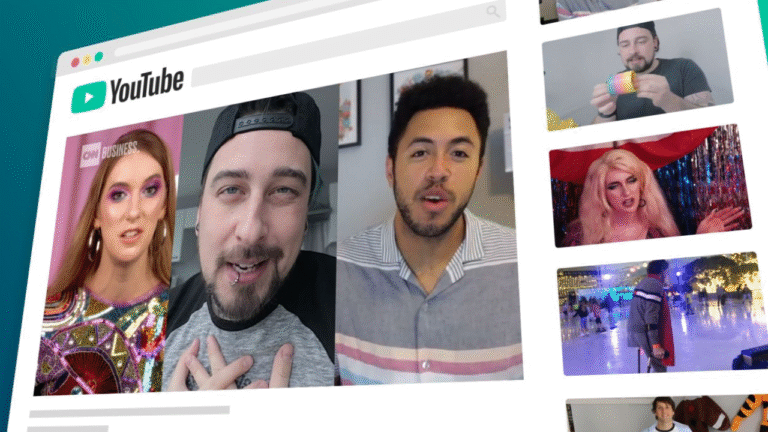The Rise of Meme Culture in Global Politics – Explained
In the last decade, memes have evolved from simple internet jokes to powerful tools of communication, persuasion, and influence. Once confined to humor forums and Reddit threads, memes are now front and center in political campaigns, protests, and public debates across the globe.
Today, memes are shaping how people understand, interact with, and even vote on political issues. But how did this happen? And what does it say about the changing nature of political discourse in the digital age?
Let’s break it down.
What Are Memes, Really?
A meme is more than just a funny image with a caption. It’s a unit of cultural transmission, an idea that spreads from person to person, often evolving and adapting along the way. In internet culture, memes typically take the form of images, GIFs, or short videos with text that comments on social or political events.
What makes memes especially powerful is how they can:
- Communicate complex ideas in simple, relatable ways
- Be shared and remixed instantly
- Travel faster than traditional media narratives
From Humor to Politics: The Shift in Meme Purpose
Memes began as casual entertainment, but over time, they found their way into more serious spaces — particularly political discourse.
This shift was most noticeable around 2016, during major political events such as:
- The US presidential election
- Brexit campaigns in the UK
- Political uprisings in countries like Hong Kong, India, and Brazil
Memes became tools not just to mock political leaders, but to rally support, undermine opponents, and even frame entire narratives.
Why Are Memes So Effective in Politics?
- They Simplify Complex Ideas
Politics can be boring or hard to understand. Memes cut through complexity with humor and visuals that make information more digestible. - They’re Emotionally Charged
Whether it’s satire, anger, or hope, memes are often emotionally loaded. That makes them stick in people’s minds. - They Travel Fast
A meme can reach millions of people within hours, especially when shared on platforms like Instagram, TikTok, and Twitter. - They’re Relatable
People are more likely to engage with something they can laugh at or see themselves in. Memes humanize political topics. - They Encourage Participation
Unlike news reports, memes invite remixing, sharing, and commenting. They turn passive consumers into active participants.
Case Studies: How Meme Culture Has Shaped Politics Worldwide
1. United States
During the 2016 and 2020 elections, memes became a major campaign weapon. Supporters of both Donald Trump and Bernie Sanders used memes to energize their bases, poke fun at opponents, and amplify political messages. In many cases, meme pages on Facebook and Reddit reached more people than official campaign materials.
2. India
Memes have played a big role in shaping public opinion around controversial laws, protests, and political leaders. Pages like “Official Bakchod” and countless Instagram meme handles became digital battlegrounds during elections.
3. Brazil
During Jair Bolsonaro’s presidential campaign, meme factories pumped out massive amounts of content aimed at winning over younger voters. Memes were even used to spread fake news and misinformation.
4. Hong Kong
During the protests in 2019–2020, memes were used to mock government officials, spread protest messages, and maintain morale. Memes became a form of resistance and digital protest art.
5. Ukraine-Russia Conflict
Ukrainian President Volodymyr Zelenskyy’s media-savvy presence was matched by a surge in viral pro-Ukraine memes. These helped build international solidarity and shaped global opinion on the war.
Platforms Where Meme Politics Thrives
While memes exist on nearly every platform, they’ve gained serious traction on:
- Twitter/X – For viral political commentary
- Instagram – For fast shareable visual content
- TikTok – Where meme videos go global within hours
- Reddit – For community-based meme development
- Facebook – Still influential among older audiences
Each platform has its own meme ecosystem, and political players are now tailoring their messaging accordingly.
Memes and the Rise of Political Influencers
The explosion of meme culture has given rise to a new class of political voices: meme influencers.
These are creators who use memes to:
- Spread awareness about social issues
- Call out political hypocrisy
- Encourage civic participation
- Influence public opinion subtly or directly
Many of them have larger followings than journalists or politicians. They’ve become tastemakers for the politically curious generation.
Are Memes Dangerous for Democracy?
While memes have democratized political participation, they come with risks.
1. Spread of Misinformation
Memes can distort facts, especially when they go viral without context. Many political memes are deliberately misleading, weaponized by interest groups.
2. Polarization
Because they often rely on exaggeration and ridicule, memes can reinforce echo chambers, making people less open to other views.
3. Oversimplification
Important policy issues are often reduced to jokes or visual clichés, which undermines real understanding.
4. Dehumanization
Memes targeting politicians or entire communities can be cruel, creating a toxic online environment and lowering the quality of discourse.
How Politicians Are Responding
Political figures have realized the power of memes — and many are now using them strategically.
- Campaigns now hire meme consultants
- Governments monitor meme trends to gauge public mood
- Digital war rooms now include meme creators
In many ways, meme fluency is becoming a new political skill.
The Future of Memes in Global Politics
As AI tools evolve, we’ll likely see:
- Automated meme generation based on trending political topics
- Deepfake memes, blurring the lines between truth and fiction
- Platform crackdowns on political misinformation in meme form
But at the same time, memes will remain a powerful tool for youth mobilization, protest, and grassroots storytelling. They are no longer just entertainment — they are an integral part of the modern political toolkit.
Final Thoughts
The rise of meme culture in global politics reflects a deeper truth: People want to engage with politics in ways that feel authentic, emotional, and accessible. Memes fulfill that desire.
They may not replace traditional journalism or political debates, but they are undeniably shaping how political narratives are told, who gets heard, and what messages gain traction in the modern age.
As politics continues to move from podiums to platforms, memes are no longer the sidelines — they are the conversation.
Stay with TheUnfite as we continue to cover how digital culture is reshaping the world around us — one meme at a time.





